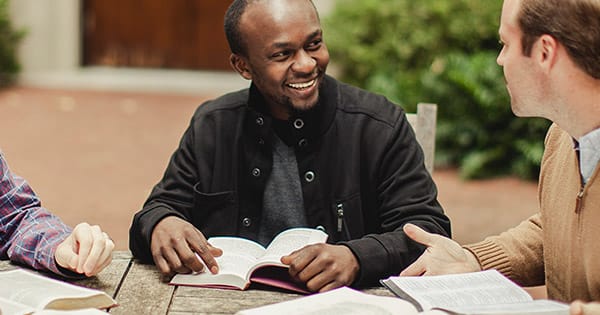From Abraham to Moses to David, shepherds appear throughout the story of Scripture. But what does it take to be a shepherd? Join Dr. Tim Laniak as he shares what he learned about shepherding and leadership from Bedouin shepherds in the Middle East. Begin to understand what God actually says in Scripture about Himself as a Shepherd, and what He says about His people and those who lead them.
- Identify the characteristics of a shepherd leader.
- Recognize the biblical foundations of shepherd leadership.
- Evaluate your own identity and practice as a shepherd leader.
-
I can really recommend this course. Every leader should learn about the shepherd leadership challenge.
-
I highly recommend this course for anyone considering or currently in a position of leadership. It was very helpful for me to truly grasp why Christ Himself is known as the "Good Shepherd."
-
The course lectures and readings are very well organized, well written and insightfully interesting. The effort required is doable.
-
This is an excellent course that I highly recommend because it has taught me about Shepherd Leadership through our Lord Jesus Christ and under-shepherds like Moses, Paul and Peter.
-
Great course for those students who are committed to be shepherds.
-
This course will solidify your understanding, knowledge, privilege and responsibility to Shepherding. Bravo Sir…a job well done 👍
-
If you are looking for a really relevant look at the relationship that GOD has and wants, this is definitely the course for you. It doesn't matter if you're in leadership or a part of the flock, this course opens you up to looking deeper. Come ready to get closer to the ultimate goal.
-
This is a great course to help you in the area of leadership as a Christ-like shepherd!
-
This is one of the best courses I have taken with ODBU to date. I enjoyed the format and the insight this course provided. It was engaging and easy to follow and apply the concepts presented. I highly recommend this course!
-
I loved it!
-
I learned a great deal about what it means to be a Shepherd Leader. I plan on incorporating all of what I learned into my management style.









